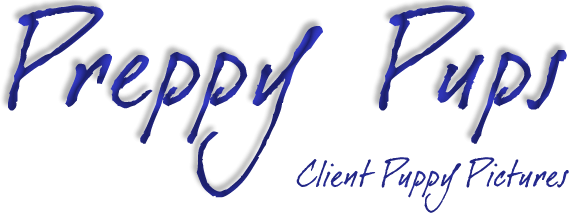 1. First, know your adult dog. Is he a happy go lucky, friendly and sociable fellow used to interactions with other dogs? Then your introduction will be very easy. If he is not used to other dogs and generally cranky about them, he will probably be tolerant about a puppy, but you'll have to work a bit harder. 2. Unless you are very sure your current dog will be a tolerant sweetheart with your new puppy, the first meeting should be through a crate or baby gate. Most adult dogs are naturally tolerant of puppies, but can correct them for rudeness very emphatically. You don't want your new baby puppy terrified right off the bat. Let them sniff each other through the barrier and relax about each other. 3. Before letting them meet face to face, pick up all toys, treats, food and even the water bowl. Removing anything your dog might get possessive about will greatly reduce the chance for corrections. 4. It is helpful to have two people for the introduction. With both dogs on a leash, allow sniffing and distract either with praise, treats or toys if you see any tension. The absolute best way to do this is to take the dogs for a short walk together. This is called parallel walking and is an excellent way for dogs of any age to get used to each other and bond. 5. Your puppy will probably want to jump up at the older dog's face and lick his muzzle. This is very normal, submissive puppy behavior. Your dog may snap or growl. This looks scary but it is also very normal and his way of teaching the puppy manners. 6. Let your new puppy learn manners from your well adjusted older dog. She will learn not to bother him while sleeping and not to take his food and toys away. Sometimes the corrections will make her carry on like she is being killed but watch closely. Most likely she will get over it within 30 seconds and will continue to follow your older dog around. She is learning. 7. Continue to spend quality alone time with your adult dog. It is easy to neglect your resident dog when there is a new puppy in the house because puppies need so much attention. Spend time playing and training with your puppy, too, so she does not become overly bonded to the other dog. 8. Sometimes an adult dog will not properly correct a puppy, and the puppy can become very bold and obnoxious. If this happens, have the pup trail a lightweight leash in your presence and correct and distract if she is being a real brat with the older dog. Remember to praise her when she is being good, too. Tips & Warnings
|